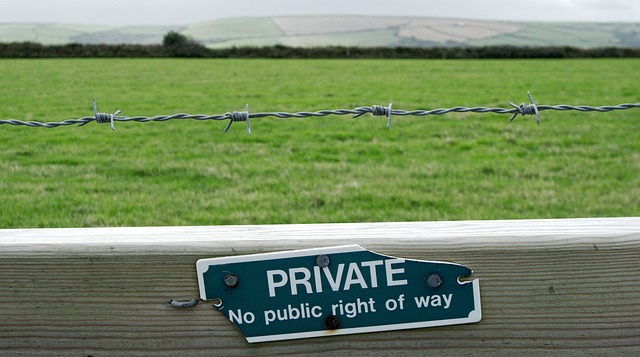Trespassing is a legal concept that applies in various contexts in Australia, from property rights to public spaces. Understanding your rights and obligations regarding Trespass is essential to navigating legal situations effectively. This article will explore the ins and outs of trespass law in Australia, including what constitutes Trespass, the legal consequences, and your rights as both a property owner and a potential trespasser.
What is Trespass?
Trespass is entering someone else’s property without permission, which can involve physical intrusion or interference with property rights. Trespass laws are mainly based on common law and statutes, with slight variations across Australian states and territories.
Elements of Trespass:
To establish Trespass, certain elements must be present:
- Entry: Trespassing is the unauthorised entry onto another person’s property, including physically entering land, crossing property boundaries, or extending over airspace or underground spaces.
- Intent: When someone trespasses, they intentionally enter a property without permission or a lawful excuse. This intention can be understood from their actions, such as disregarding “no trespassing” signs or crossing fences.
- Lack of Consent: Consent from the property owner is essential to avoid Trespassing. If the property owner has given explicit or implied consent for entry, Trespassing does not occur.
Types of Trespass:
Trespass can take different forms, such as simple Trespass and aggravated Trespass.
Simple Trespass occurs when someone enters someone else’s land without permission and without engaging in further unlawful activities. For example, walking onto private property without permission constitutes simple Trespass. On the other hand, aggravated Trespass involves additional elements beyond simple entry, such as causing property damage, engaging in unlawful activities, or refusing to leave when the property owner asks.
Legal Consequences of Trespass:
Trespass carries legal consequences for both the trespasser and the property owner:
- Civil Liability: Individuals trespassing on this property may be responsible for any damage or economic loss incurred by the owner due to the Trespassers action. This may involve compensating for damages or taking legal action to prevent trespass trespassing.
- Criminal Offense: Unauthorised entry onto a property can be considered trespassing and a criminal offence, mainly involving aggravated Trespass or other unlawful activity. Depending on the seriousness of the Trespass, individuals may face criminal penalties such as fines or imprisonment.
Your Rights as a Property Owner:
As a property owner, you have certain rights to protect your land and property:
- Right to Exclude: You can prevent others from entering your property without permission by putting up fences, displaying signs, or pursuing legal action against trespassers.
- Self-Help Remedies: You have the right to use reasonable force to remove trespassers from your property or prevent further Trespassing. However, the force used should be proportionate to the circumstances and not exceed what is necessary for your property. Please note that the reasonableness of the force is always a point of contention.
- Legal Recourse: If someone trespasses on your property, you have the right to take legal action to seek compensation for any damages caused. This can be trespassing, such as filing a civil lawsuit or reporting the Trespass to the authorities as a criminal offence.
Your Rights as a Trespasser:
Even as a trespasser, you have certain rights under Australian law:
- Duty of Care: Property owners are responsible for trespassers who enter their property. They must take reasonable measures to prevent foreseeable harm to trespassers, including warning them about known hazards or dangers.
- Reasonable Force: If a property owner or agent confronts you while trespassing, they are only permitted to use reasonable force to remove you from the premises. Any use of excessive force or causing physical harm may be considered assault or battery, and you have the right to seek legal recourse.
- Defences: In some cases, defences such as necessity or implied consent can be used to justify or excuse Trespassing. For instance, if Trespassing was necessary to prevent immediate harm or the property owner implicitly consented to entry, a defence against trespass allegations may apply.
Understanding trespass law in Australia is essential for property owners and trespassers alike. This legal concept outlines the rights and obligations of both parties involved in unauthorised entry onto a property. It’s critical to have a firm grasp of the elements of Trespass, the legal repercussions, and your rights under Australian law. Knowing your rights and responsibilities empowers you to protect your property or defend yourself if accused of Trespassing. When dealing with trespass-related matters, seeking legal advice is crucial to ensure that you act confidently and decisively within the bounds of the law.


